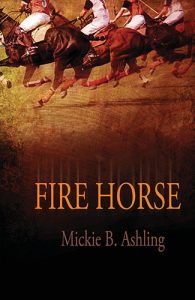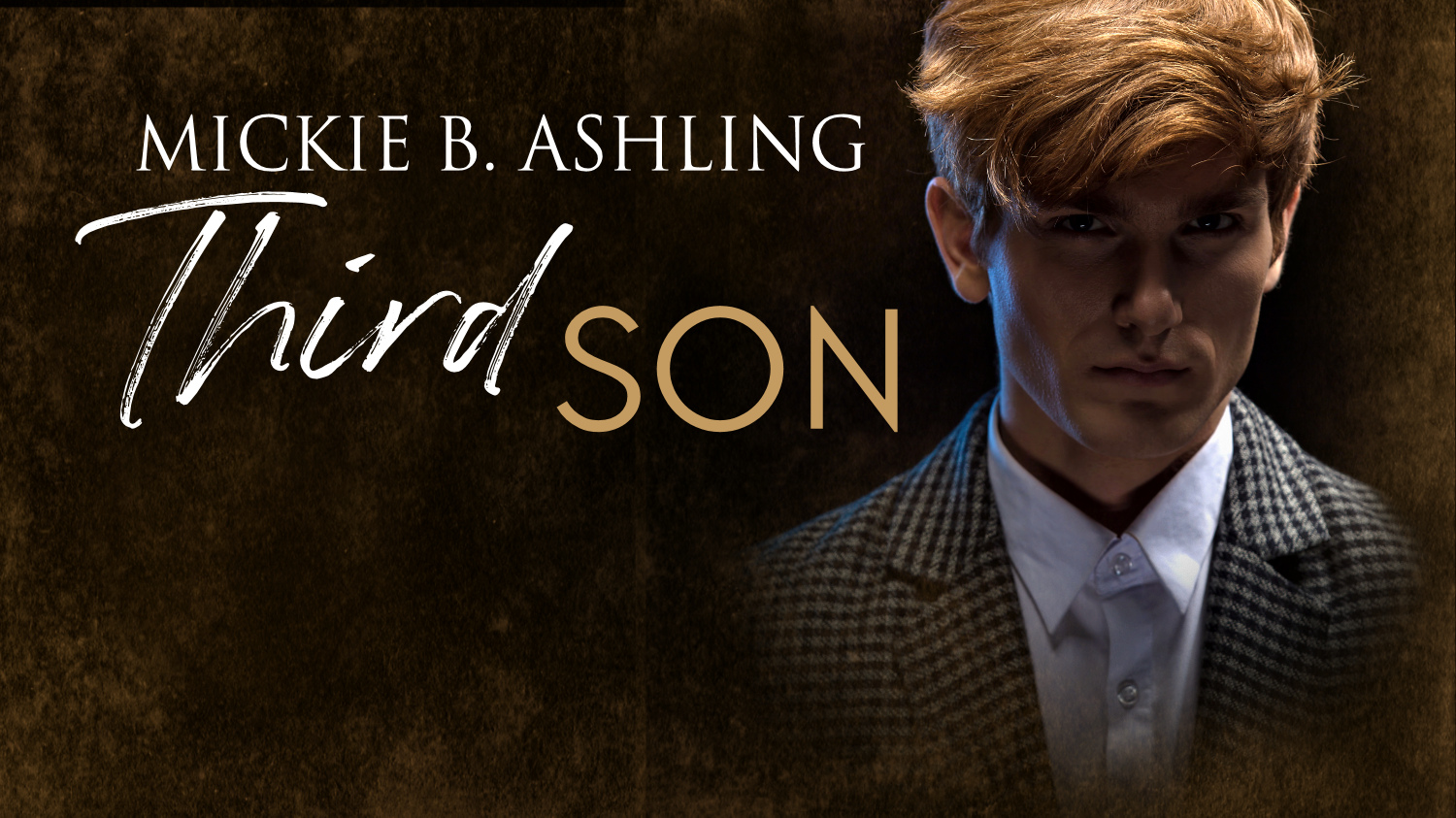 Polo: Book One
Polo: Book One
Preston Fawkes is ten the first time he meets fifteen-year-old Konrad Schnell at the San Antonio Polo Club. Captivated by the mystique surrounding the sport of kings, Pres vows to learn the game at the hands of his newly acquired friend and mentor. The hero worship soon grows into something deeper, but the friends are separated when Preston goes off to boarding school in England.
The relationship that follows is riddled with challenges―their age gap, physical distance, and parental pressure taking precedence over feelings yet to be explored. Although their bond goes deep, they deal with the reality of their situation differently: Preston is open and fearless while Konrad is reticent and all too aware of the social implications of making a public stand.
Their paths intersect and twine, binding them as tightly as a cowboy’s lasso, but fate may alter their plans. How will love overcome the divots in the turf as they gallop toward the future—one where obstacles no longer stand in their way?
Cover Artist: Anne Cain
Chapter One
United Kingdom
2011
“HE SHOULD never ride again.”
The disembodied voice with its dire pronouncement shook me out of my drug-induced stupor, prompting a raspy croak of protest. No one paid attention, of course, since no sound got past the slim tube up my nose and down my throat. I lifted my hand instead and caught the eye of the nurse.
“Doctor,” she said, addressing the figure close by. “Mr. Fawkes is stirring.”
A man bent down and flashed a light into my eyeballs, apparently looking for some sign that would tell him I was back in the land of the living. “Don’t try to talk until I pull the tube out,” he said unnecessarily. “It won’t take but a minute, sir.”
I blinked my acknowledgement, hoping to see a reaction in his amber-flecked gaze.
“Right,” he finally replied. Straightening up, he turned to the nurse. “Prepare to remove the cannula.”
I closed my eyes, assuming that if I couldn’t see what they were about to do, I’d avoid the anxiety of anticipation. It was over in a few seconds, but the coughing fit that ensued took a while longer. A few sips of water helped to calm my abused tissue.
“Thank you,” I gasped.
“You’re a lucky man,” the doctor said. “If the horse had landed on you a few inches higher, it could have resulted in a hopeless spinal-cord injury.”
I glanced at my sheet-covered legs and wiggled my toes. They moved, albeit very slowly. “What happened?”
“A botched ride-off from what I understand. Somehow you ended up with nine hundred pounds of whinnying horseflesh pressed on your back.”
“Christ, is Storm okay?”
“He’s fine,” the doctor said. “You, however, are not.”
“Indeed.” I heard a familiar voice near the bed. “You’re lucky to be alive, old chap.”
I sighed in relief when I saw the friendly face looking down at me with concern. “Where am I, Ned?”
“You’re at Epsom General.”
“Which one of the Argentinean bastards caused the foul?”
“Really, Preston,” Ned reproved. “Don’t you think the more important question is whether you’ll ever ride again?”
“I can feel,” I said, wiggling my toes once more for good measure, “ergo, I can walk and, eventually, ride.”
“What a pity the doctor didn’t knock some sense into your thick skull while he had you under the knife.”
“Why did you have to operate?” I asked the doctor, turning away from Ned, who continued to frown at me.
“The MRI revealed a spinal compression,” he said, “and there was a small hematoma. We had to drain it before there was any disruption to the nerve impulses. Quick action is essential to prevent permanent damage.”
“Does everything look okay?”
“I believe we caught it in time, but it’s difficult to give an accurate diagnosis while you’re in spinal shock. Most of the trauma appears to be in the lower lumbar region, but there’s too much swelling to give you an honest evaluation.”
“Isn’t the fact that I can feel my legs, and, more importantly, move them, a good sign?”
“Most definitely, but time will reveal the true extent of the damage.”
“And yet you made a statement earlier that I shouldn’t ride again, automatically assuming there’s something major going on,” I said with a good degree of vehemence. “Do you have any idea how many times this has happened?”
“That’s precisely why we want to be extra cautious, sir. Your X-rays showed a number of old injuries. Is there any bone in your body you haven’t broken?”
“I’m a professional polo player, Doctor, not an accountant. It’s the nature of my business.”
“Nonetheless,” the doctor lectured, “your body can only take so much abuse. One more injury might be your undoing. I suggest you use this time to reevaluate your career. Surely a man your age is allowed to retire while you’re still able to walk, or would you rather expire on the turf in a more dramatic fashion?”
“You talk like I’m in my sixties,” I protested, hating to be reminded of my age. “I just turned forty-five.”
The doctor looked down at my chart and then back at me with a slight quirk to his lip. “I don’t know what the shelf life is for polo players, but even the great Cambiaso talks about retirement.”
I lifted an eyebrow, impressed with his knowledge of the sport and its number one player.
“You might consider this incident as your wake-up call, Mr. Fawkes,” he added. “I’ll be back to check on you tomorrow.”
“When can I get out of here?” I called out as he exited the room.
“Preston,” Ned said, frowning in exasperation.
“What? If you think I’m going to go home and hang up my sticks, you have another thought coming to you.”
“I don’t want to see you ending up like Christopher Reeve,” Ned said softly. “Need I remind you of everything he went through?”
“No,” I said emphatically, “but I’m not living the rest of my life in fear. People get thrown routinely and walk away unscathed.”
Before Ned could fling out an angry rebuttal, there was a knock on the door and I barked, “Come in.” I was astounded by the number of nurses who marched in with an array of colorful flowers in matching vases. “Does everyone think I died?”
